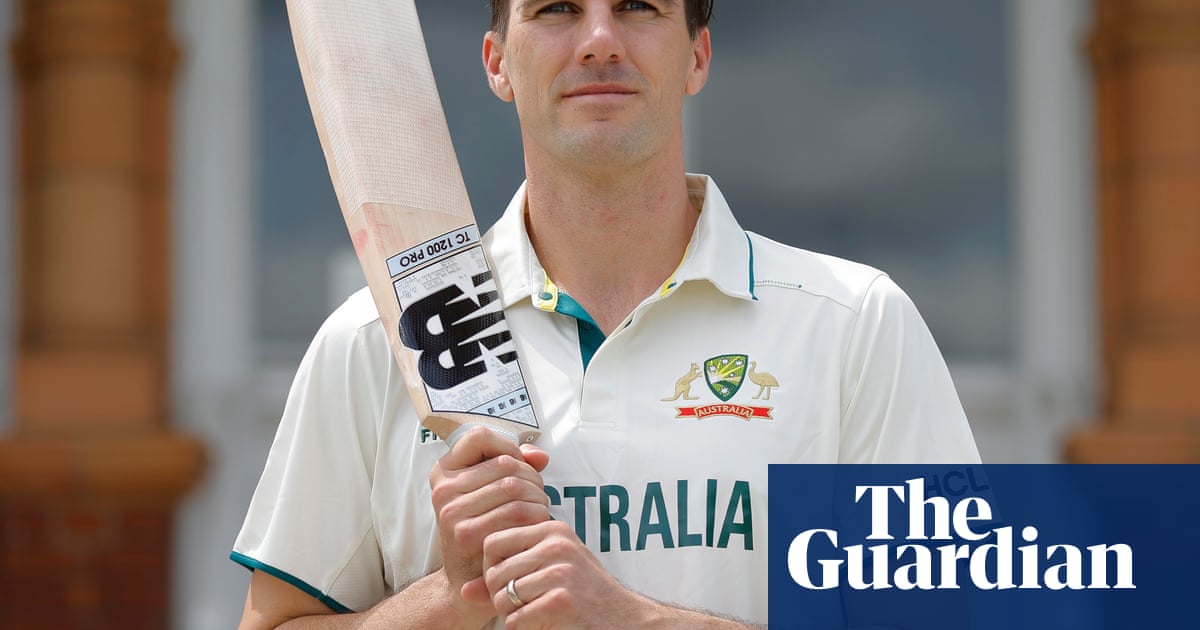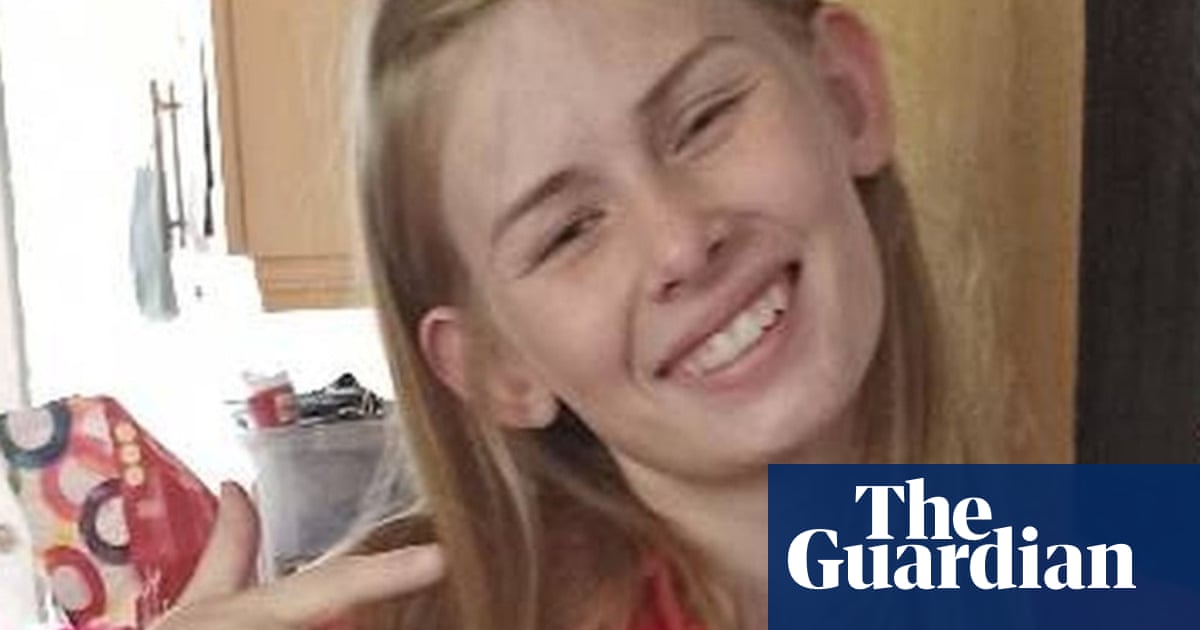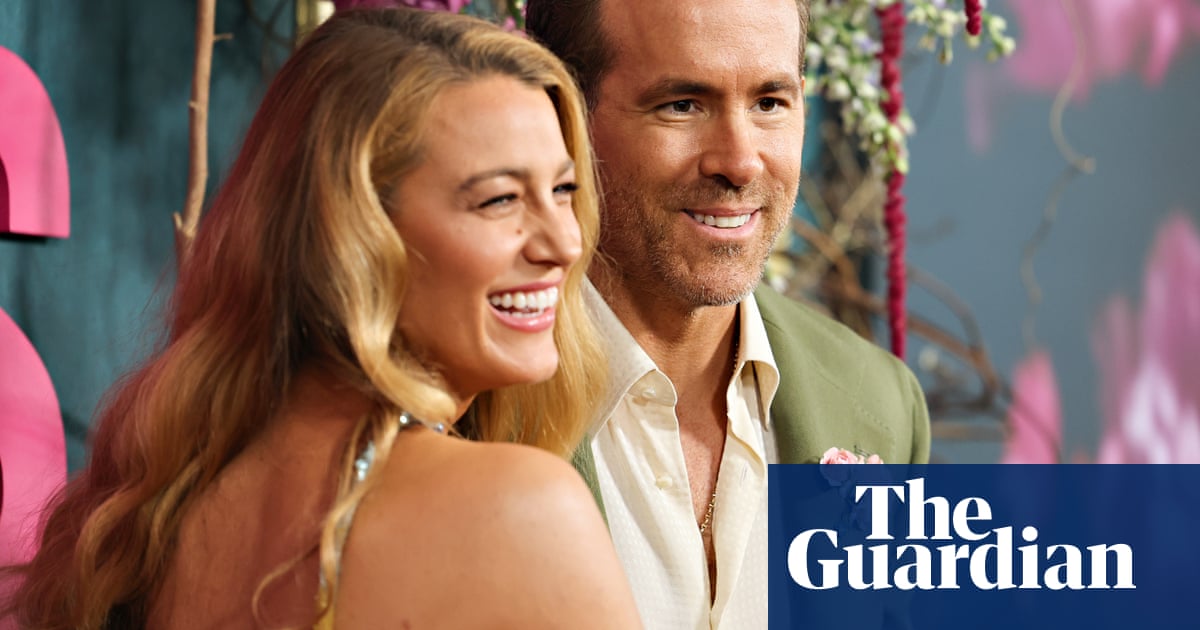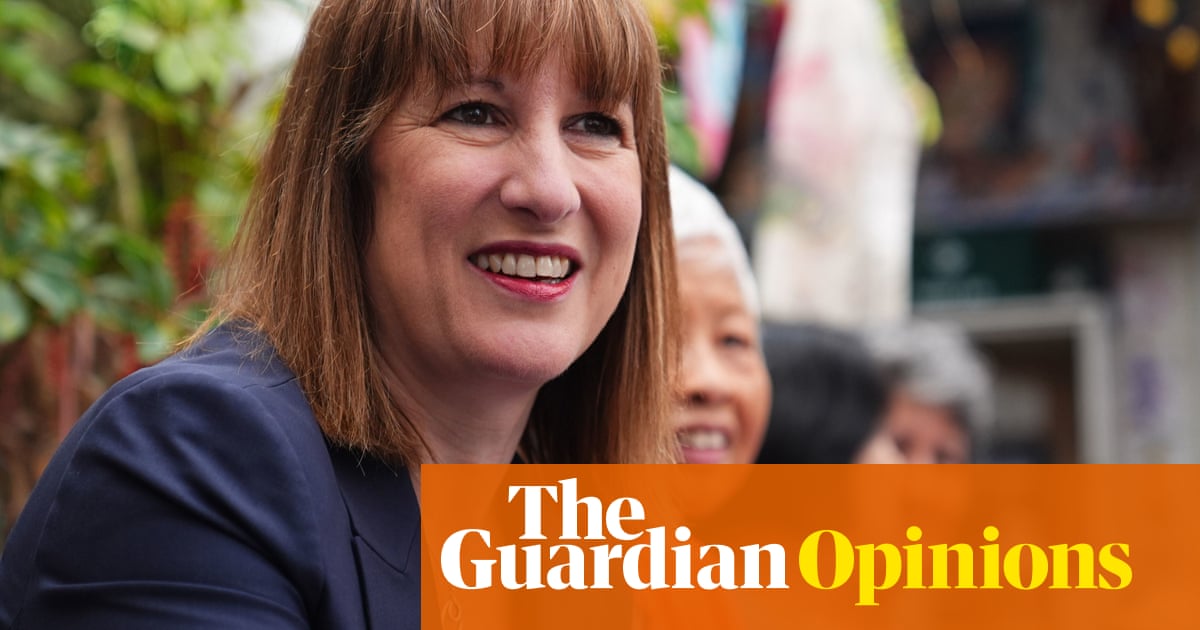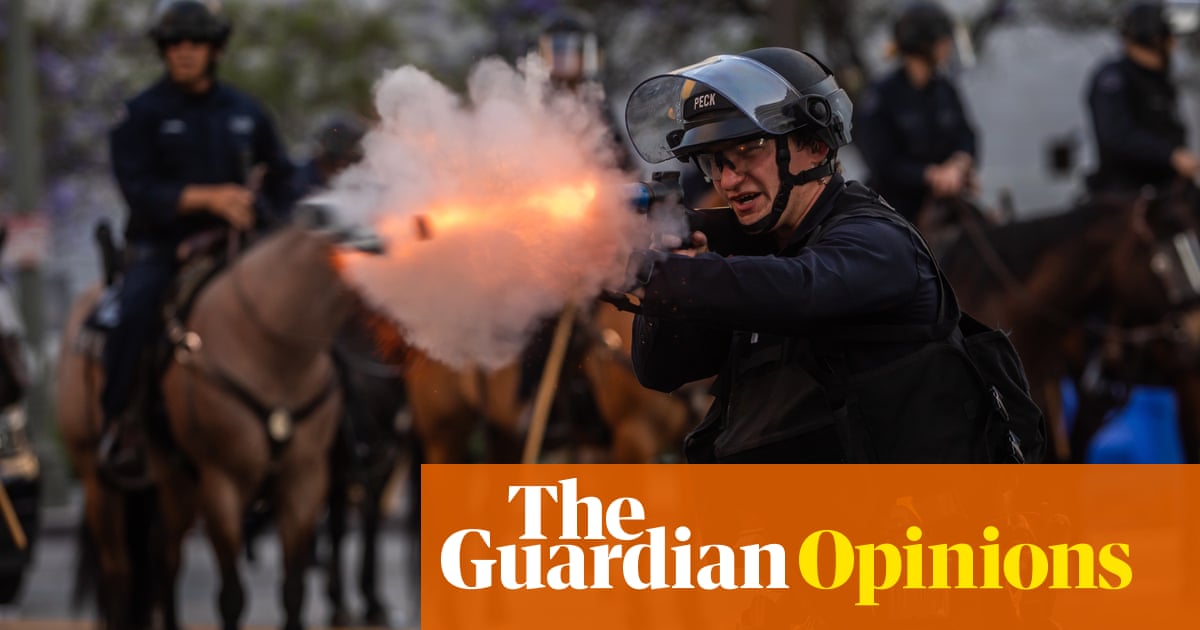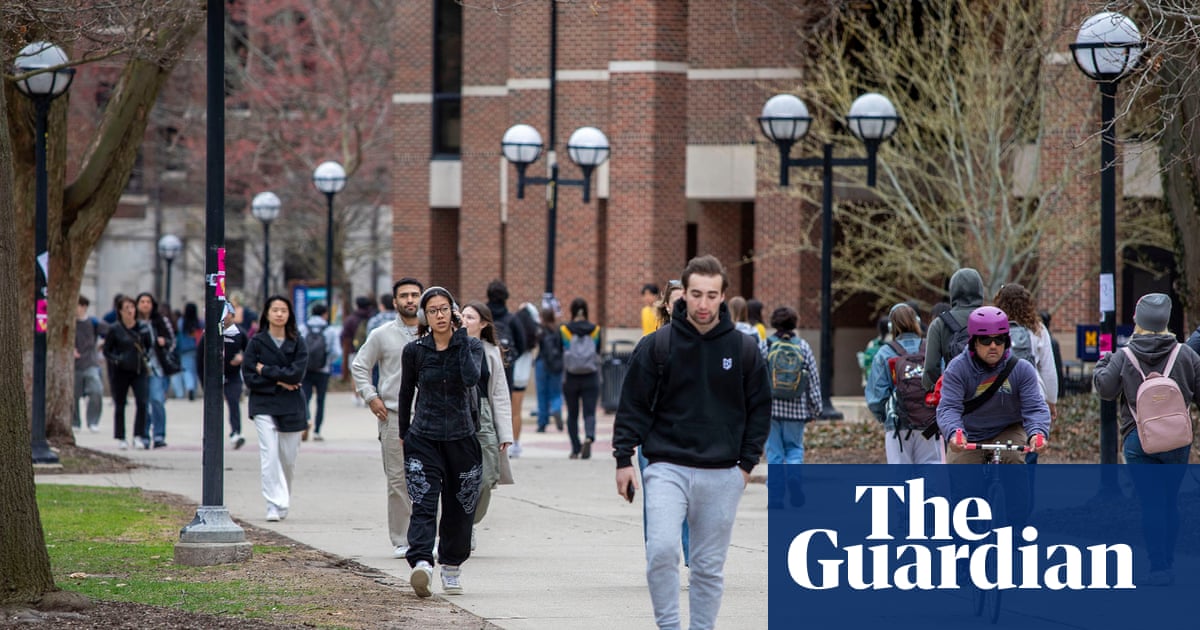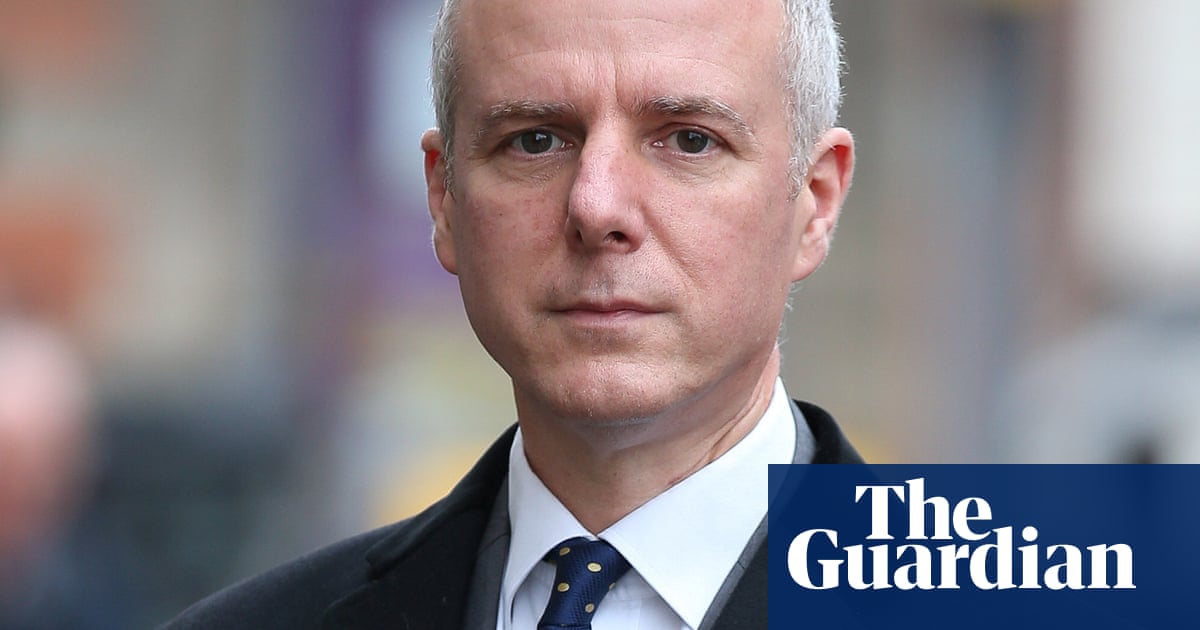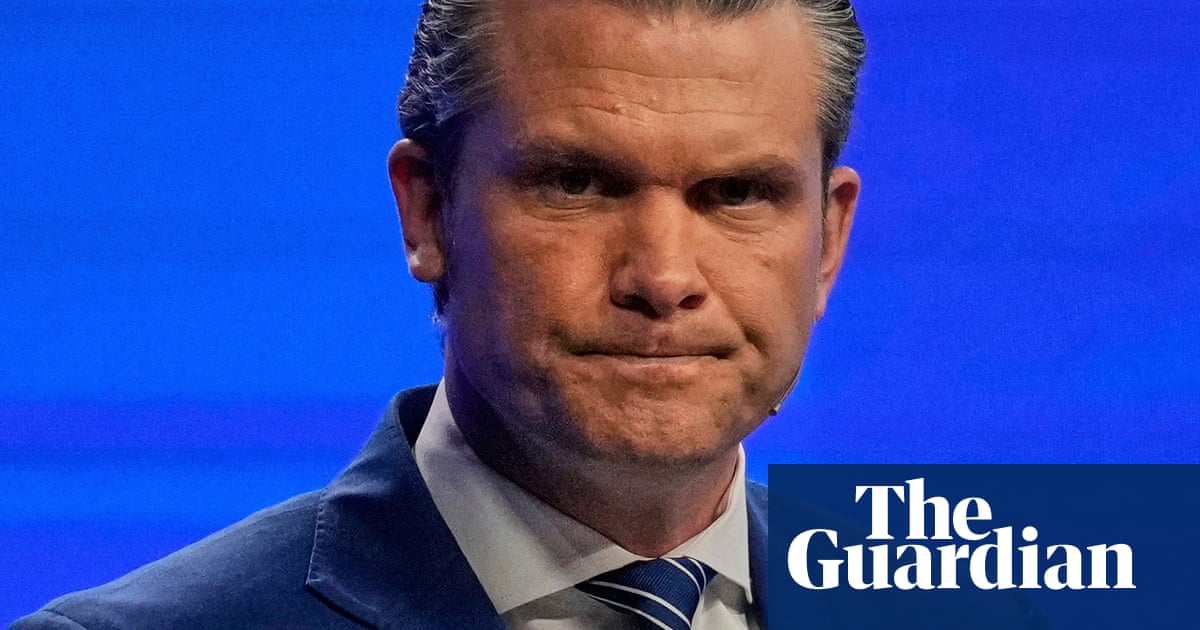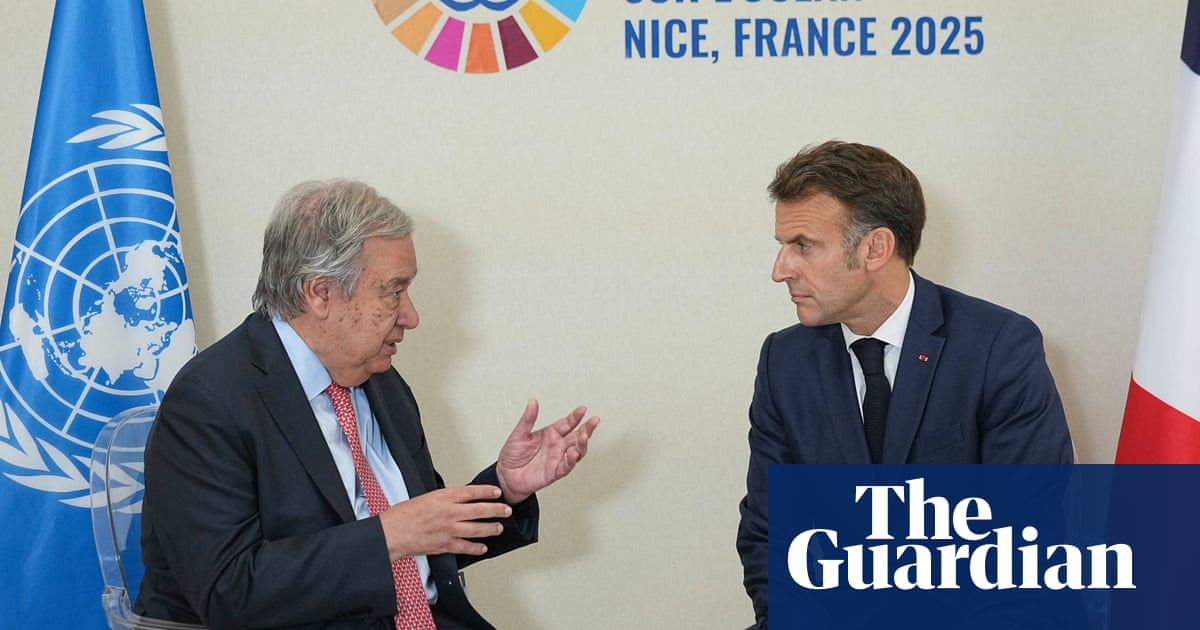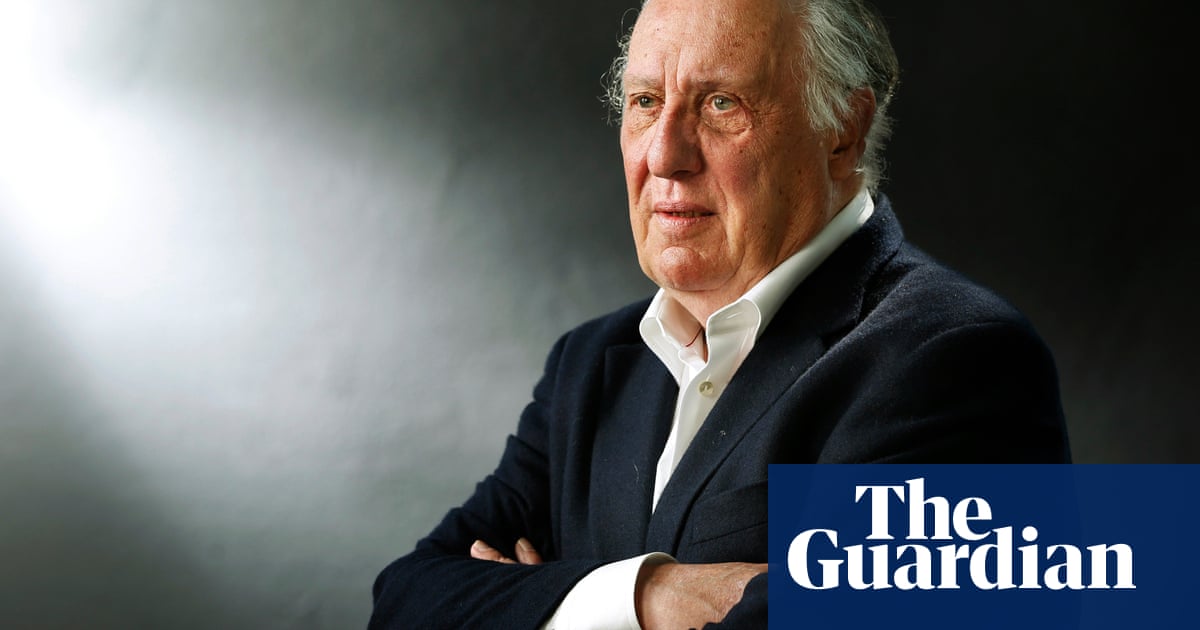Cocktail in hand and puffing on a celebratory cigar aboard her super-yacht, reportedly somewhere in the Bahamas, JK Rowling celebrated on social media after this week’s supreme court ruling that the legal definition of a woman is based on biological sex.
“I love it when a plan comes together,” she posted on X, borrowing the catchphrase from popular 80s TV series The A-Team.
She added, referencing the bitter and polarised gender identification debate: “To those celebrating the fact that I’m smoking a blunt [a type of joint]: it’s a cigar. Even if it decided to identify as a blunt for the purposes of this celebration, it would remain objectively, provably and demonstratively a cigar.”
It was a typical response from the 59-year-old multimillionaire creator of the Harry Potter franchise, who has over recent years regularly utilised social media in her support of women-only spaces, and who has been a vocal and financial supporter of For Women Scotland, having donated £70,000 to the group’s crowdfunding for the legal challenge that culminated in Wednesday’s ruling.
The writer has evolved from celebrated laureate of children’s literature to a fearless figurehead for gender-critical campaigners: someone willing to have battles on X in particular, where she is something of a lightning rod, who fights fire with fire, and seemingly cannot be cowed.
Supporters will say Rowling’s financial contribution has been important, though point out the lesser sums donated by hundreds of other women to the crowdfunding were equally so. Her vocal support, however, has been of even greater consequence. They admire her doggedness, her clear-sightedness as an uncompromising feminist. She is, they believe, strategic.
Detractors are highly vocal in accusing her of transphobia, of using provocative language. They question her claims about transitioning, and detransitioning. She has been labelled a Terf (trans–exclusionary radical feminist).
She denies she is transphobic, having said she respects “every trans person’s right to live any way that feels authentic and comfortable to them”.
Rowling’s first public foray into this space came in December 2019 when she tweeted support for Maya Forstater, a tax specialist who lost her job at a thinktank after tweeting that transgender women could not change their biological sex.
Then, in June 2020, Rowling posted a link to an article headlined “Creating a more equal post-Covid-19 world for people who menstruate”, to which she commented: “‘People who menstruate.’ I’m sure there used to be a word for those people. Someone help me out. Wumben? Wimpund? Woomud?”
She said: “If sex isn’t real, the lived reality of women globally is erased. I know and love trans people but erasing the concept of sex removes the ability of so many to meaningfully discuss their lives.”
The furore that followed led her to post an essay on her website outlining her concerns over “the new trans activism”. She described herself as a “domestic abuse and sexual assault survivor” who had been “triggered” by learning the Scottish government was “proceeding with its controversial gender recognition plans”.
She had spoken up about the importance of sex, she added, “and have been paying the price ever since. I was transphobic, I was a cunt, a bitch, a Terf, I deserved cancelling, punching and death.”
The backlash included actors in the Potter movies franchise Daniel Radcliffe, Emma Watson, and Rupert Grint, making public their support for transgender rights. Radcliffe responded declaring ‘transgender women are women’.
Watson tweeted: “Trans people are who they say they are and deserve to live their lives without being constantly questioned or told they aren’t who they say they are.”
Eddie Redmayne, star of Fantastic Beasts and Where to Find Them, based on Rowling’s book, said: “I disagree with Jo [Rowling]’s comments. Trans women are women, trans men are men and non-binary identities are valid.”
There were reports of book-burnings. Rowling returned her Ripple of Hope award given to her by the Robert F Kennedy Human Rights organisation after its president, Kerry Kennedy, criticised her views on transgender issues.
Quidditch, a sport created for the fictional world of Harry Potter, announced in 2022 it was changing its name to Quadball, with one of several reasons being that Rowling had “increasingly come under scrutiny for her anti-trans positions,” the International Quidditch Association said.
Rowling is a serious philanthropist. She supports a wide range of humanitarian causes through her charitable trust Volant, including charities working with women and children, and donated £10m to set up a world-leading research and treatment centre for multiple sclerosis in Scotland founded in the name of her mother, Anne Rowling, who died from the disease. In 2022, she funded and co-founded Beria’s Place, a sexual violence support service for women in Edinburgh.
She is immensely wealthy. The Harry Potter franchise is global. HBO is producing a Harry Potter TV series, of which Rowling is executive producer. Her Robert Galbraith crime novels in the Cormoran Strike series have been adapted by the BBC.
If she has had concerns of any commercial impact, she has not expressed them. She bats off any suggestions from fans that she has ruined her legacy, telling one podcast they “could not have misunderstood me more profoundly”. Rowling said: “I do not walk around my house thinking about my legacy. What a pompous way to live your life, walking around thinking: ‘What will my legacy be?’ Whatever, I’ll be dead. I care about now. I care about the living.”

 1 month ago
36
1 month ago
36
